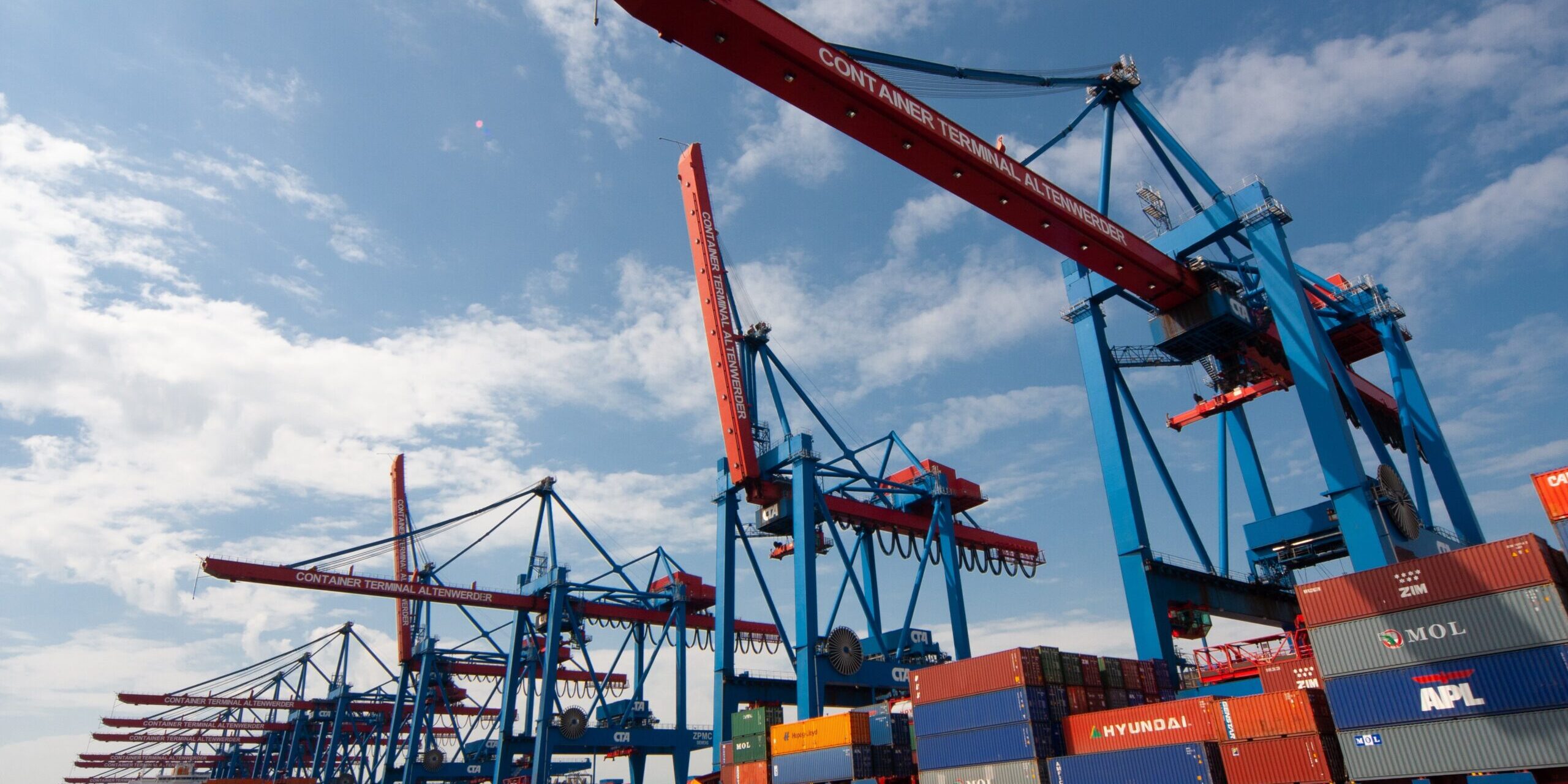The Role of International Trade in Economic Development
International trade is instrumental in driving economic development by expanding markets, promoting specialization, and fostering global integration. It allows countries to tap into a wider customer base, enhance efficiency through specialization, and participate in global value chains. However, challenges such as trade imbalances and sustainability concerns must be addressed. By embracing fair and open trade practices, promoting inclusivity, and integrating sustainability into trade policies, countries can harness the potential of international trade to foster economic development and improve living standards.
One of the primary advantages of international trade is the access it provides to a larger market. By engaging in trade, countries can expand their customer base beyond domestic borders, tapping into the demand of consumers worldwide. This creates opportunities for businesses to scale up production, achieve economies of scale, and drive innovation to meet the diverse needs of global markets.
Trade also promotes specialization and efficiency. Countries can focus on producing goods and services in which they have a comparative advantage, whether it be natural resources, skilled labor, or technological expertise. Specialization allows countries to allocate their resources more efficiently, leading to increased productivity and economic growth. Moreover, trade enables countries to import goods and services that are not efficiently produced domestically, providing consumers with a wider variety of choices and improving their standard of living.
Trade liberalization and globalization have further expanded the role of international trade in economic development. Developing nations now have greater opportunities to participate in global value chains, attracting foreign direct investment and transferring knowledge and technology. This integration into the global economy can stimulate industrialization, create jobs, and alleviate poverty. It enables countries to diversify their economies, reduce dependence on a limited range of products, and build resilience against economic shocks.
However, international trade is not without its challenges. Trade imbalances, where some countries experience persistent trade surpluses while others face deficits, can disrupt global economic stability. Protectionist measures, such as tariffs and trade barriers, can hinder the flow of goods and services and stifle economic growth. It is crucial for countries to engage in fair and open trade, removing barriers and fostering a level playing field for all participants.
Additionally, sustainability considerations must be incorporated into international trade practices. Environmental degradation, social inequalities, and labor exploitation can accompany rapid trade expansion. It is essential for countries to adopt responsible trade practices, promoting sustainable development, and addressing environmental and social concerns. This includes adopting standards for responsible sourcing, promoting fair trade practices, and integrating environmental and social considerations into trade agreements.







